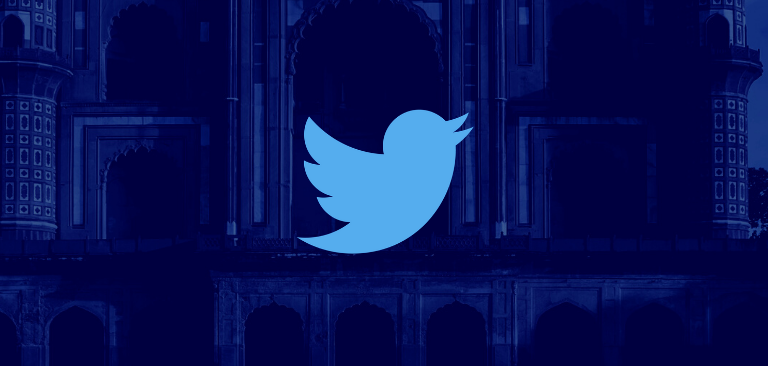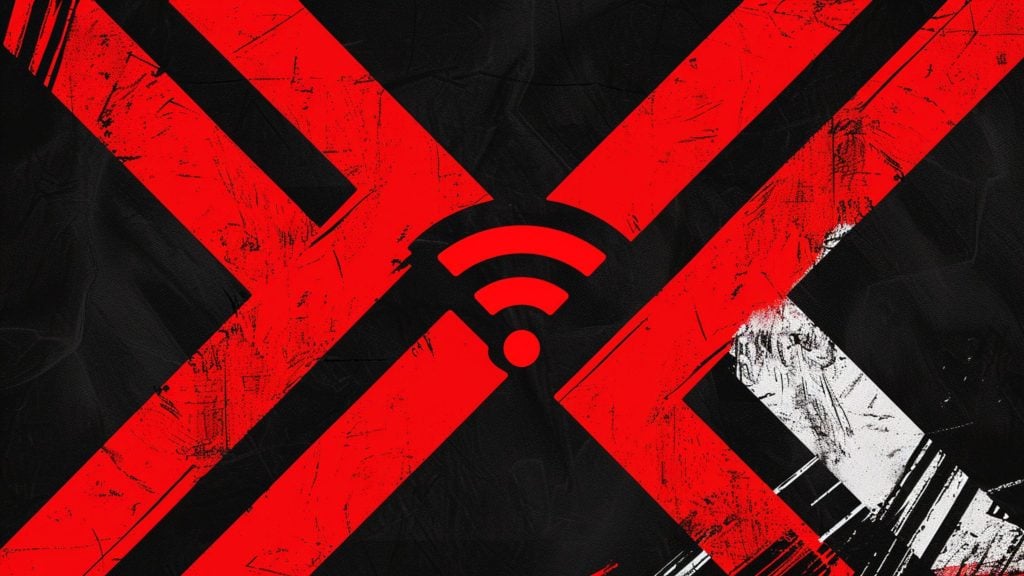Following the violent protest in India’s capital New Delhi on January 26, the Indian government asked Twitter to remove accounts that “incited” the protests. Twitter has not taken any action on most accounts, saying removing accounts violates its principles on defending free speech and would violate the accounts’ owners right to free speech under Indian Law.
On January 26 in New Delhi, there were violent protests by farmers that resulted in one death and hundreds injured, including police. The farmers had been protesting new farm laws, camping at multiple Delhi borders for over two months now. The farmers want the new laws repealed, but the government insists that the laws will reform the agricultural sector for the better.
After the protests, the government requested Twitter to remove accounts that incited the protests, claiming they were a threat to law and order. But Twitter has not fully complied.
Today, February 10, Twitter published a blog post explaining why it has refused to remove or block the accounts requested by the Indian government, but it did later relent.
“Because we do not believe that the actions we have been directed to take are consistent with Indian law, and, in keeping with our principles of defending protected speech and freedom of expression, we have not taken any action on accounts that consist of news media entities, journalists, activists, and politicians,” Twitter wrote in the blog titled “Updates on our response to blocking orders from the Indian Government.”
“To do so, we believe, would violate their fundamental right to free expression under Indian law. We informed Meity of our enforcement actions today, February 10, 2021,” it added.
However, the microblogging platform highlighted steps it had taken, including the removal of more than 500 accounts involved in manipulation, its action on accounts inciting violence, and the flagging of tweets that violated its policies.
The company insisted that its decisions were in the interest of making the public feel safe to participate in public debate.
On February 3, the Indian government threatened penal action if Twitter failed to comply with its orders. In the non-compliance notice, the government referenced Section 69-A of the IT Act, which states, “the intermediary who fails to comply with the direction issued under sub-section (1) shall be punished with imprisonment for a term which may extend to seven years and shall also be liable to fine.”
Twitter’s decision, while in support of freedom of expression, is quite hypocritical. Over the past year, the platform has suspended multiple accounts in the US, for violating its policies on “misinformation.”













